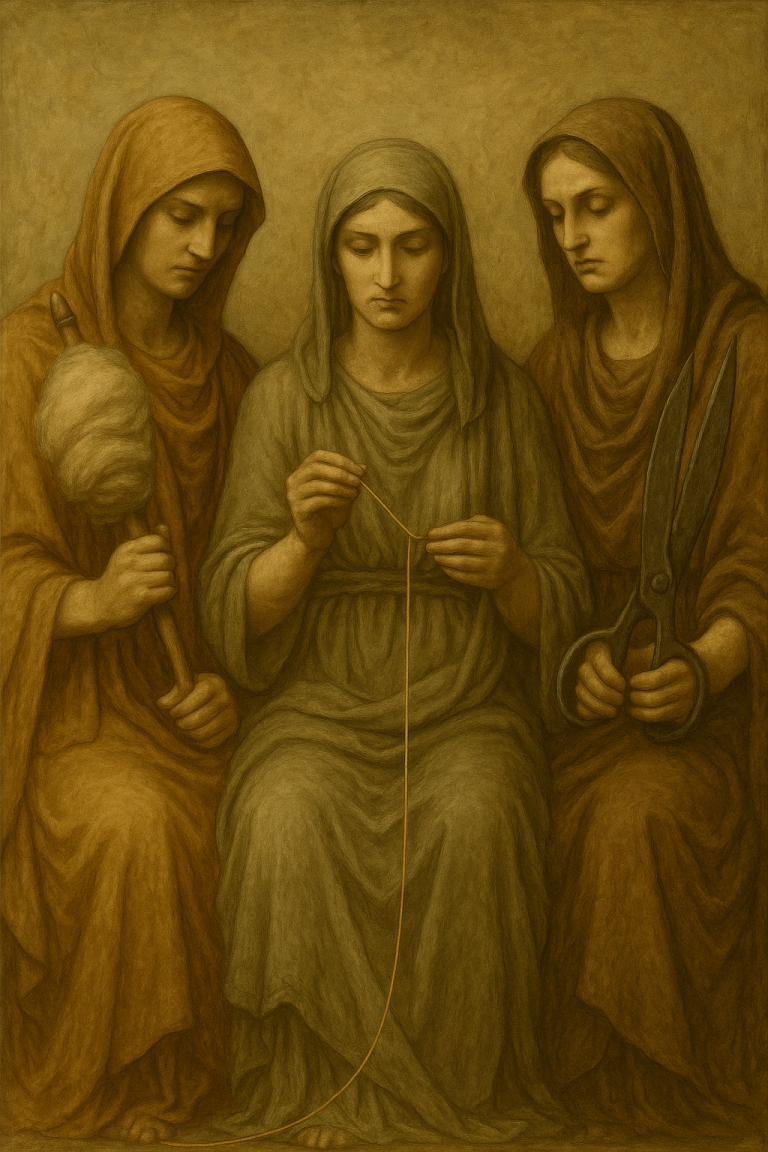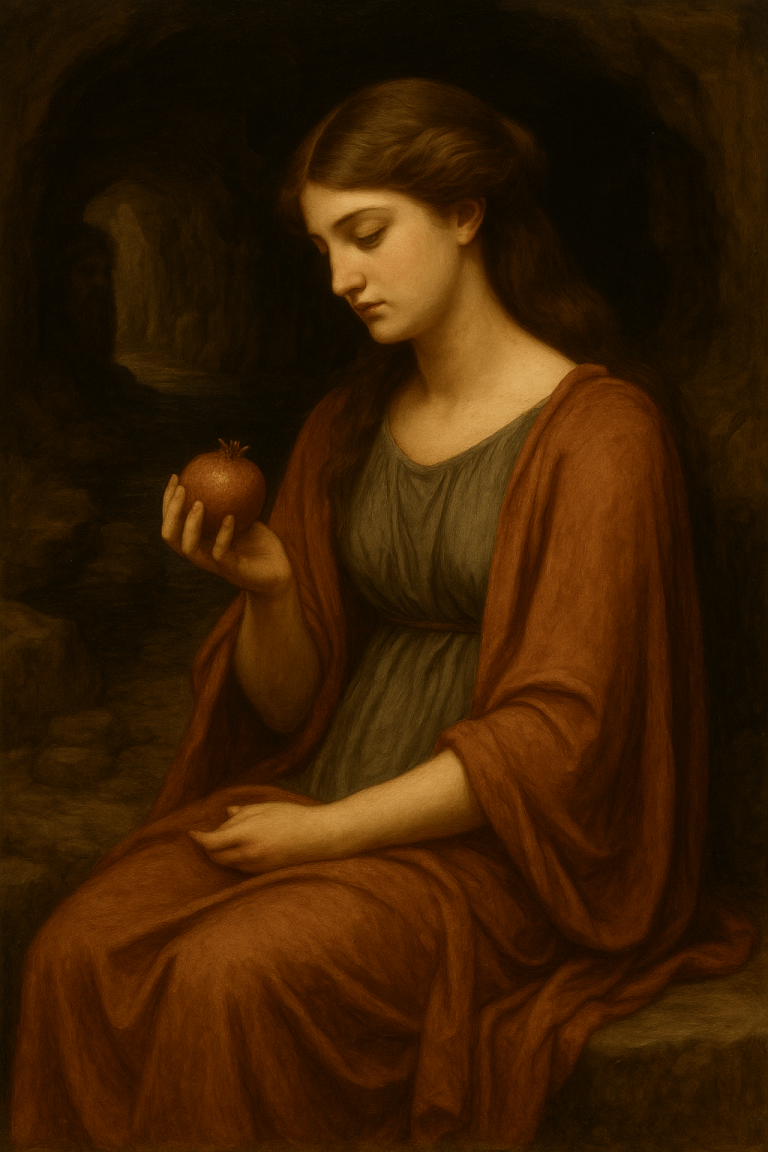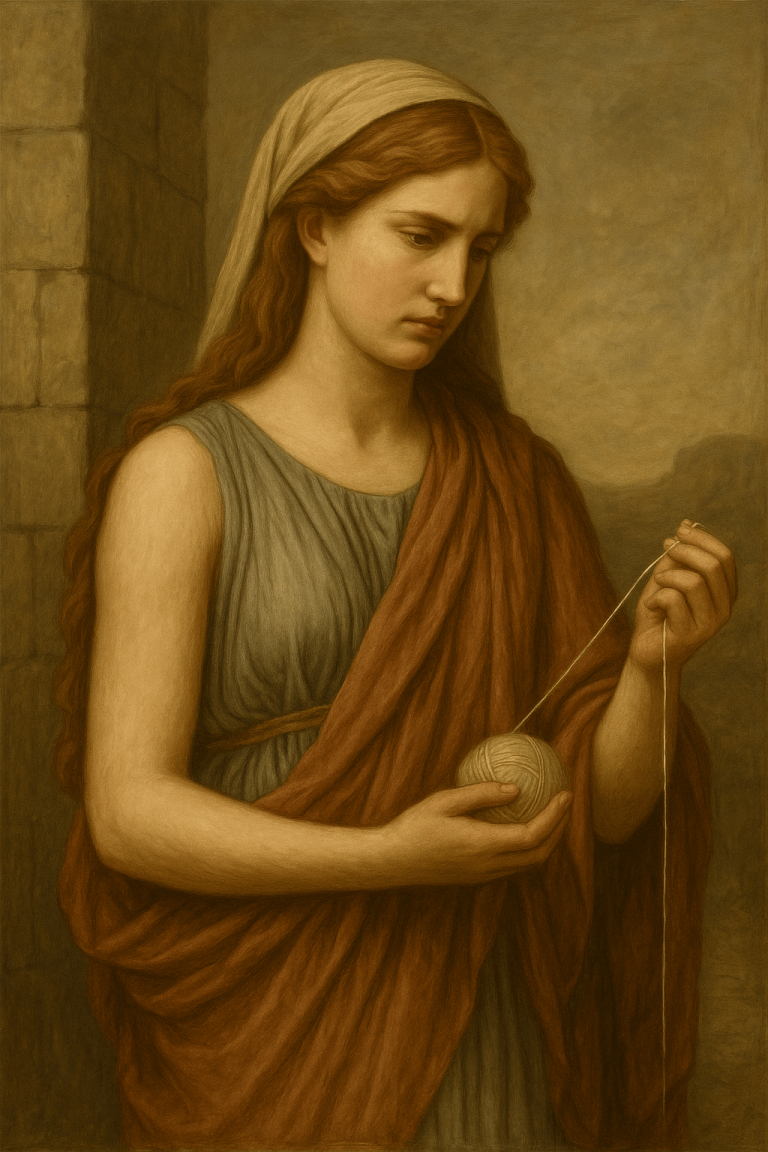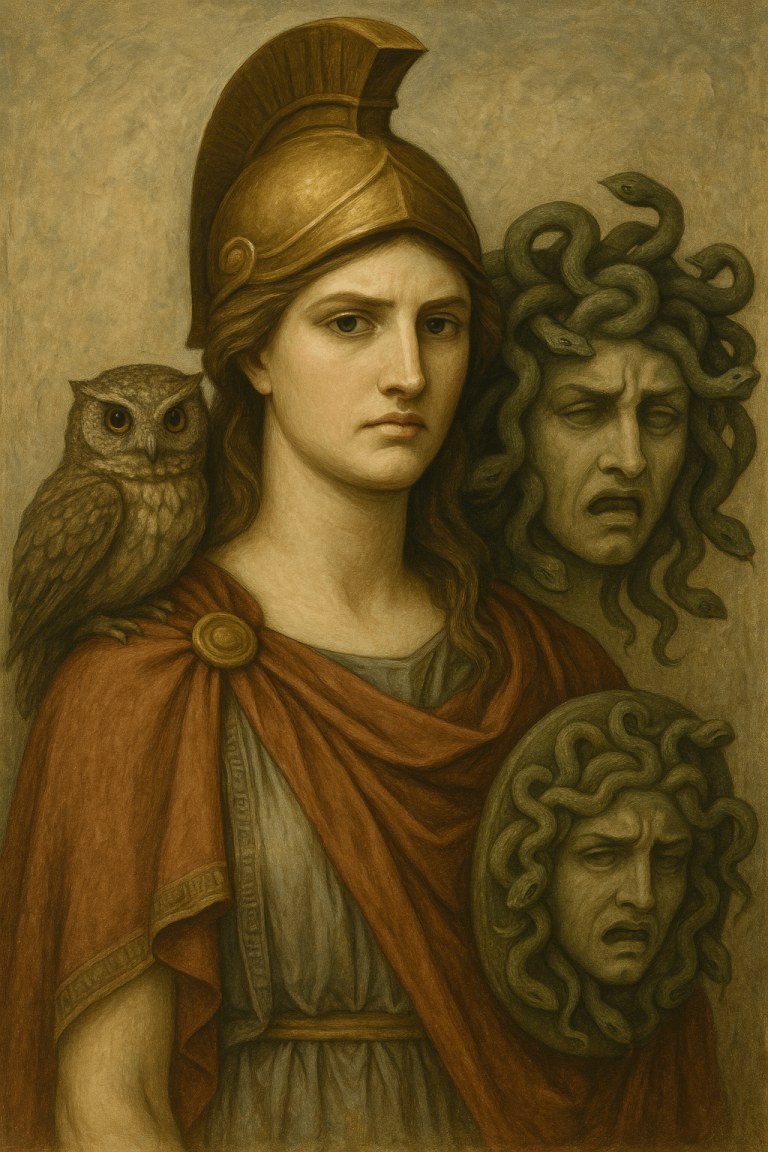
Hades and Persephone: Love Story or Abduction?
Depending on who’s telling the story, the myth of Hades and Persephone is either a romantic tale of forbidden love… or one of the oldest cases of divine kidnapping.
For centuries, artists and writers have painted this myth with soft pastels and wistful longing — the dark god of the Underworld, enchanted by the radiant goddess of spring, taking her as his queen.
But behind the symbolism of seasons and flowers lies a harsher truth. Because in many early versions of the myth, Persephone didn’t choose. She was taken.
🌑 The Abduction of Kore
Persephone, originally called Kore (which simply means “maiden”), was the daughter of Demeter, goddess of the harvest. One day while picking flowers in a field, the earth split open and Hades emerged, dragging her into the Underworld.
She didn’t go willingly. She screamed. She cried. And when Demeter found out, the world stopped growing. Crops withered. Famine loomed.
It wasn’t until Zeus intervened — after seeing the damage Demeter’s grief caused — that Hades agreed to return Persephone. But it came with a catch: Persephone had eaten six pomegranate seeds, binding her to the Underworld for six months each year.
And just like that, the myth of the seasons was born.
💍 Rewritten as Romance
Over time, this myth has been softened — even romanticized.
Modern interpretations depict Hades as gentle, patient, and respectful. Persephone becomes curious, then willing. It’s a dark romance, a misunderstood love story. Think Beauty and the Beast, but with pomegranates.
And yes — there’s something deeply compelling about the contrast: spring and shadow, innocence and power, rebirth and death.
But here’s the thing: making something poetic doesn’t erase the original pain.
🔥 Why It Matters
Whether or not Persephone eventually found agency in her role as Queen of the Underworld, her story started with a lack of consent.
And that matters — because so many stories, ancient and modern, tell women they should learn to love the places they were forced into. That darkness is romantic. That resistance is inconvenient.
Rewriting the myth isn’t wrong. But we should never forget the original script.
🌱 The Power of Duality
Despite everything, Persephone becomes more than a victim. In some versions, she rules alongside Hades, commanding respect. She walks between worlds — not just as his queen, but as a goddess in her own right.
And maybe that’s the real power of the myth: not the love story, but the transformation.
Persephone is spring and shadow. Growth and grief. Her story reminds us that we can hold both — trauma and power, past and future, light and dark — at the same time.
Final Thoughts
Whether you read it as romance or reckoning, the story of Hades and Persephone asks us to look deeper:
Who tells the story?
What do they leave out?
And what happens when we let the woman speak?





